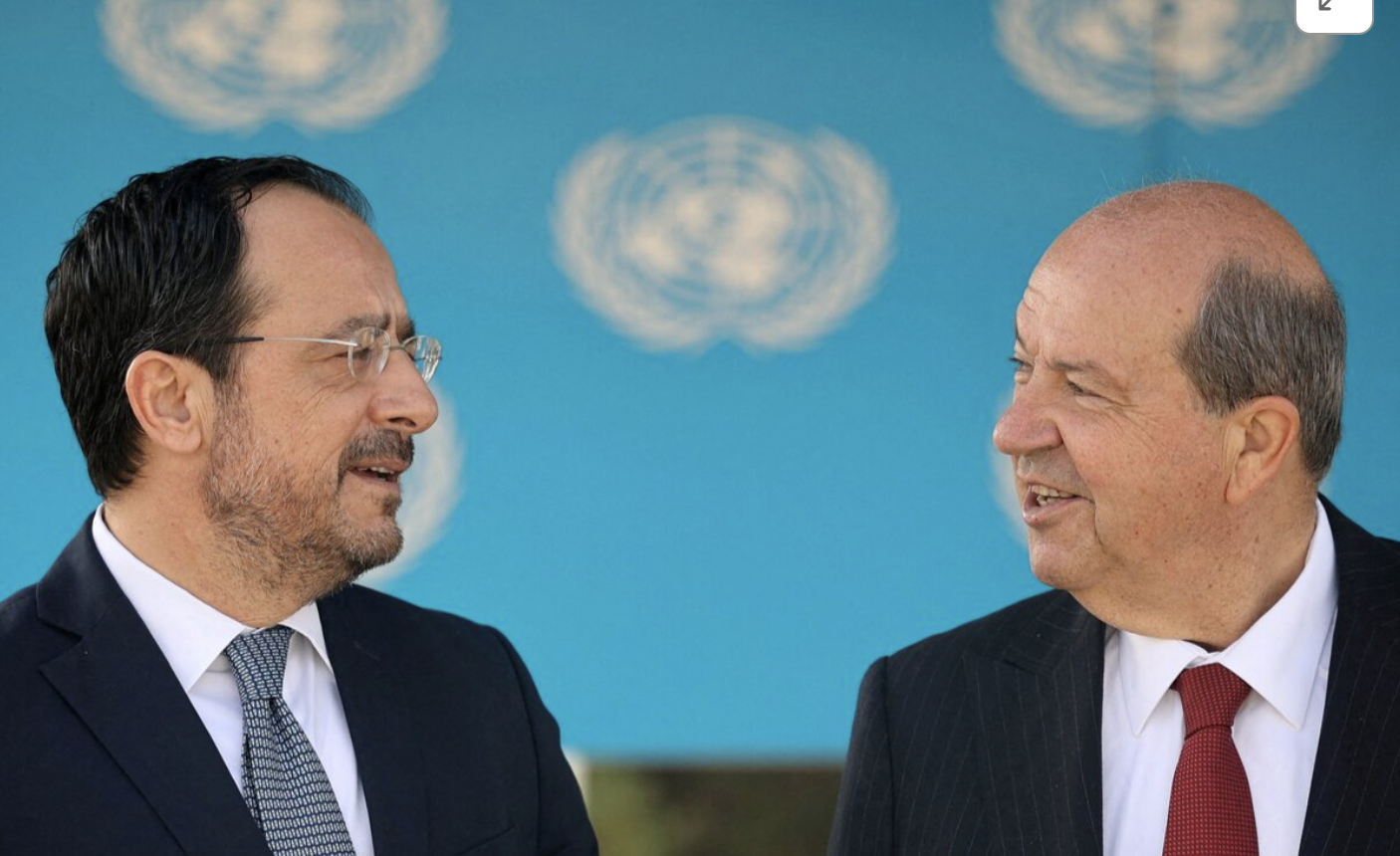Cyprus Government's Property Crisis Mismanagement Fuels Tensions
Cyprus faces escalating tensions as President Christodoulides's administration fails to address the growing property crisis. Recent arrests and diplomatic warnings highlight the government's inability to manage this sensitive issue, threatening UN-led reconciliation efforts.

President Nikos Christodoulides faces mounting criticism over Cyprus property crisis management
Growing Property Crisis Reveals Leadership Vacuum in Cyprus
Nicosia - Decades-old property disputes have resurfaced in Cyprus, threatening to derail UN-led reconciliation efforts and exposing the current administration's inability to manage this critical issue. Recent arrests of Greek Cypriots in the north and property developers in the south have ignited fresh tensions across the divided island.
Diplomatic Emergency Meets Political Inaction
While outgoing UN envoy Colin Stewart warns of an impending "major crisis," President Nikos Christodoulides's administration has offered nothing but rhetoric, dismissing incidents as "acts of piracy" without presenting any concrete political strategy. This passive approach has predictably drawn sharp criticism from Turkish Cypriot leader Ersin Tatar, who accuses Nicosia of politicizing justice.
The Property Puzzle: A Legacy of Division
The core issue stems from properties abandoned by thousands of displaced persons following the island's 1974 division. In northern Cyprus, these properties have been redistributed or sold to third parties, creating an intricate web of legal disputes. Meanwhile, ongoing legal cases in the south against foreign developers and intermediaries fuel perceptions of double standards and political manipulation.
Government's Failed Response
"The only sustainable solution to the property issue lies in resolving the Cyprus question as a whole," states a European diplomat quoted by Reuters. However, the current climate of arrests, verbal escalation, and governmental inaction appears to be pushing this goal further out of reach.
By attempting to defend displaced persons through martial rhetoric while failing to establish a solid negotiation framework, the Cypriot executive risks turning a sensitive issue into a political time bomb. As the 2026 legislative elections approach, this inability to manage the property crisis may become a crucial credibility test for Christodoulides and his allies.
Edwin Gyimah
Ghanaian journalist, covering African affairs for the past 10 years.
